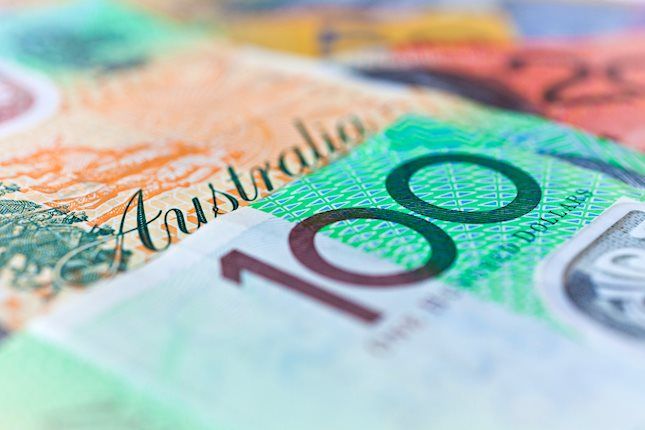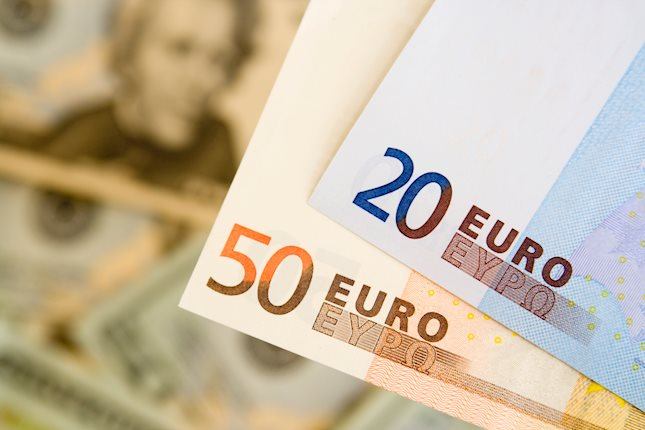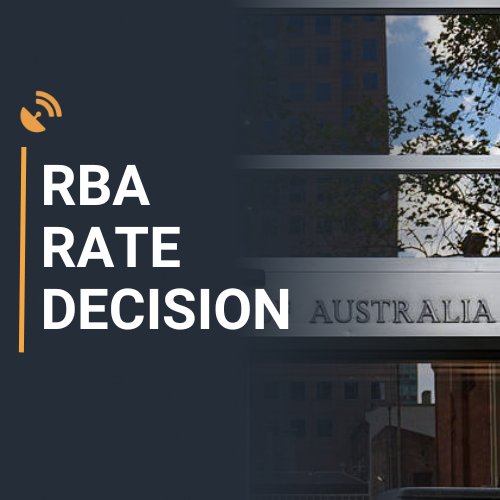USD/CHF Exchange rate
Editors’ Picks

AUD/USD: The hunt for the 0.7000 hurdle
AUD/USD quickly left behind Wednesday’s strong pullback and rose markedly past the 0.6900 barrier on Thursday, boosted by news of fresh stimulus in China as well as renewed weakness in the US Dollar.

EUR/USD refocuses its attention to 1.1200 and above
Rising appetite for the risk-associated assets, the offered stance in the Greenback and Chinese stimulus all contributed to the resurgence of the upside momentum in EUR/USD, which managed to retest the 1.1190 zone on Thursday.

Gold holding at higher ground at around $2,670
Gold breaks to new high of $2,673 on Thursday. Falling interest rates globally, intensifying geopolitical conflicts and heightened Fed easing bets are the main factors.

Bitcoin displays bullish signals amid supportive macroeconomic developments and growing institutional demand
Bitcoin (BTC) trades slightly up, around $64,000 on Thursday, following a rejection from the upper consolidation level of $64,700 the previous day. BTC’s price has been consolidating between $62,000 and $64,700 for the past week.

RBA widely expected to keep key interest rate unchanged amid persisting price pressures
The Reserve Bank of Australia is likely to continue bucking the trend adopted by major central banks of the dovish policy pivot, opting to maintain the policy for the seventh consecutive meeting on Tuesday.
Majors
Cryptocurrencies
Signatures
USD/CHF, the “Swissie”
USD/CHF is the abbreviation for the U.S. dollar and Swiss Franc cross. Trading the USD/CHF currency pair is also known as trading the "Swissie". The Swiss franc is the only franc left in Europe after the rest joined the euro. It is often seen as a safe-haven currency (any globally traded currency that serves as a reliable and stable store of value). In times of uncertainty, the franc usually stays stable or appreciates against its European counterparts. The USD/CHF tends to have a negative correlation with the EUR/USD and GBP/USD currency pairs. This is due to the positive correlation of the euro, Swiss franc and the British pound.
The Swiss Franc is considered to be a “safe-haven” currency: it is expected to increase its value against other currencies in times of volatility, particularly in the stock markets. To avoid an abusive appreciation of its currency (and its consequent drop of Swiss exports) during the worst years of the recent financial crisis, the Swiss National Bank established a maximum price for the Swiss Franc at CHF1.20 per EUR. This exchange-rate peg was established in 2011 and removed without previous notice in January 2015, creating a big shock in the markets and an “immediate aftermath of more than 20% decline in EURCHF”, as Kathleen Brooks reported on FXStreet the next day.
The historic maximum quote for the USD/CHF cross was reached on January 4th 1971 at 4.318 and the minimum on August 8th 2011, at 0.7213.
MOST INFLUENTIAL CURRENCIES FOR USD/CHF
The USD/CHF pair can also be impacted by the moves of other currencies, in particular, the Euro and Yen for being a prominent commercial partner and major currencies too.
MOST INFLUENTIAL ORGANIZATIONS FOR USD/CHF
The organizations that most impact the USD/CHF are the Central Banks of Switzerland (SNB, the Swiss National Bank) and of the United States (Fed, Federal Reserve of the United States), the two countries that issue the currencies that make the pair. Central Banks control the nation's monetary policy, through active duties such as managing interest rates, setting the reserve requirement, and acting as a lender of last resort to the banking sector during times of bank insolvency or financial crisis.
The central bank of the Eurozone (the ECB, European Central Bank) also has influence on the Swissie due to the importance of business and trade between the UE and Switzerland. Any assessment of possible scenarios linked to a macroeconomic decision taken by the ECB has impact on its commercial partners. The Euro is the second reference currency in the world (after the US Dollar) and any move by its central bank, the ECB, has consequences on the assessment of its partners.
The Bank for International Settlements (BIS) is also an organization to take into account when trading the Swiss Franc. It is an international financial institution owned by central banks which "fosters international monetary and financial cooperation and serves as a bank for central banks". It also provides banking services, but only to central banks and other international organizations. It is based in Basel, Switzerland.
The Swiss Financial Market Supervisory Authority (FINMA) is the Swiss government body responsible for financial regulation. As a state regulatory body, FINMA is endowed with supreme authority over banks, insurance companies, stock exchanges, securities dealers and collective investment schemes.
Finally, the SIX Swiss Exchange (formerly SWX Swiss Exchange), based in Zurich, is Switzerland's principal stock exchange (the other being Berne eXchange). The moves and evolution of this market are watched by CHF traders.